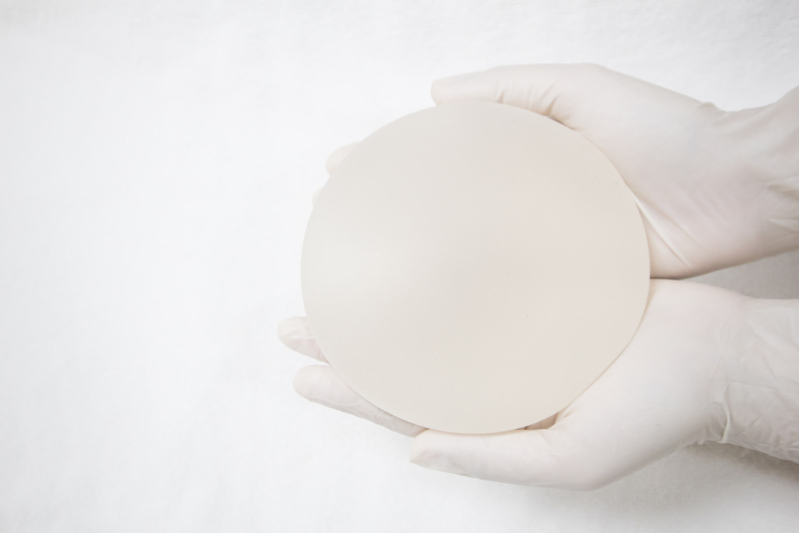Counterfeit breast implants can harm patients’ health and even threaten their lives. A German research team is using tomato DNA tags to tell the ‘real thing’ apart from frauds.
The silicone used in implants need to have a high-quality to prevent silicone from leaking out of the implant. As a result, the silicone used in breast implants is significantly more expensive than silicone used for industrial purposes.
Some implant manufacturers illegally cut high-quality silicone with cheap industrial silicone in order to increase their profits. The counterfeit implants are very difficult to trace because complex analyses are needed to detect their cheap components.
A team of German researchers at the Fraunhofer IAP in Potsdam may have found a way around this. They want to use tomato DNA to tag real breast implants to distinguish them from counterfeits.
The researchers took DNA from tomato leaves and embedded it in a silicone matrix approved for use in breast implants. Experiments showed the embedded DNA remained stable and did not degrade after heating it to 150 °C for five hours, indicating it can withstand industrial production processes.

The idea is that when the silicone components of breast implants are made, the manufacturer can mark them with the tomato DNA during the manufacturing process. By adjusting the type and concentration of DNA used, the manufacturer can create a unique mark for each silicone component before selling it to the company that produces the implants. A lab test can then be used to see if the implant manufacturer used a lower concentration of the high-quality silicone components to stretch them with low-quality materials.
Tomato DNA has a very low cost and could also be used to mark other polymer-base implants such as lens implants. The research team already patented its technology and published their findings in the Plastische Chirurgie journal.
The idea of using DNA to tag products is not new. For example, the UK company SelectaDNA sells a DNA-tagging spray for identifying moped criminals. The spray marks the bikes, skin and clothing of individuals with uniquely coded DNA, which could be used to identify suspects involved in a crime.
Images by Shef-time, kpakook/Shutterstock





